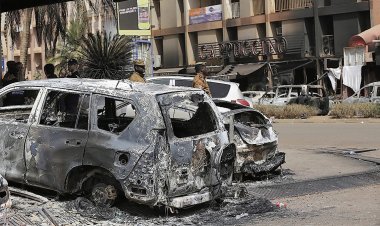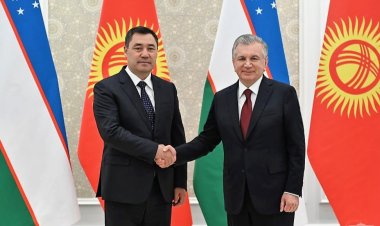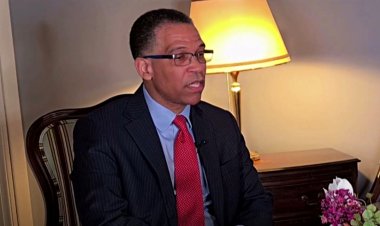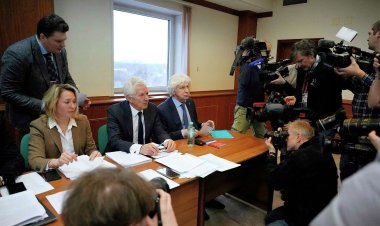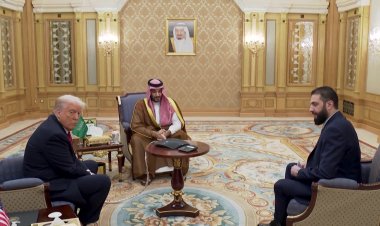Father time: Pakistan's lonely clock collector
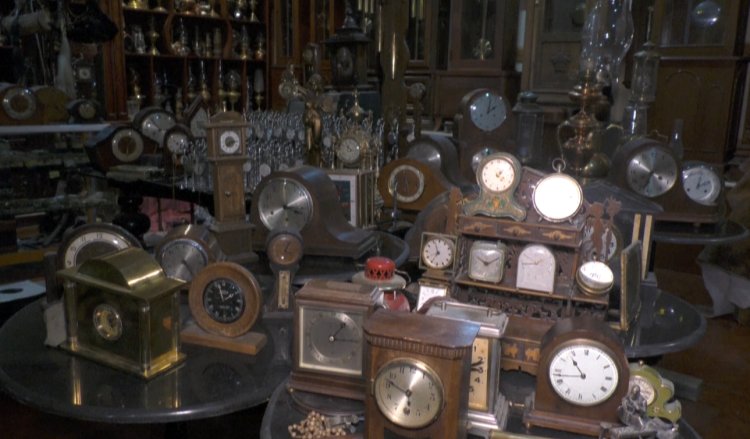
The tick-tock of hundreds of antique clocks fills a small hall in the southwestern Pakistani city of Quetta, where collector Gul Kakar swears he will spend all the time he has left caring for them.
Delicate wristwatches, weighty pocket pieces and battered table models clutter every surface, while the pendulums of wall-mounted and standalone grandfather clocks sway as their deep bongs mark each new hour.
"I know their language," Kakar, a 44-year-old police officer said.
"They tell me their problems, and I understand."
Kakar's collection, some of which dates back to 1850, is housed inside the city's police headquarters compound.
That means they are behind heavy gates and high concrete blast walls in a province that for years has been rife with ethnic, sectarian and separatist violence.
The tight security may contribute to the lack of traffic, though Kakar admits he has found few other aficionados to admire his museum and there are hardly any visitors.
"People in Quetta don't show much interest," he confesses.
Kakar's obsession began decades ago, when two family clocks fell out of order and were sent for repairs.
"I started taking an interest... then I got the idea that I should get more clocks."
Soon he began collecting in earnest and his museum today is the result of more than 18 years of scouring the internet for antiques -- even persuading friends overseas to buy second hand pieces and ship them to him.
He has also lost count of how many he has -- or how much he spends on his collection -- but income from a family-run landholding means a "major portion" of his police salary goes to clocks.





